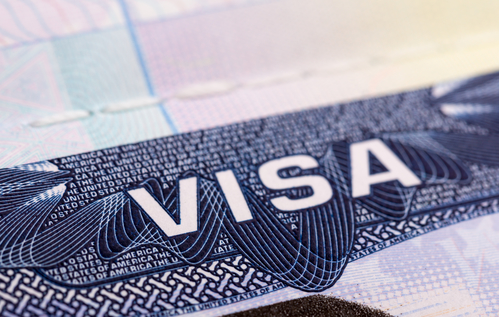
Silicon Valley has long portrayed the H-1B visa program for skilled foreign workers as a win-win, providing much-needed tech talent and fueling innovation and economic growth. Critics say it disadvantages American workers by allowing companies to hire cheaper foreign labor for jobs that would have gone to U.S. workers. A new study by researchers from U-M and the University of California, San Diego, suggests hiring skilled foreign workers has led to lower wages and employment for American tech workers, while increasing corporate profits. One possible caveat is that the study analyzed the years 1994–2001. U-M professor John Bound, one of the study authors, said they focused on that time period because it was the longest stretch of time when employers claimed all available H-1B visas. However, an earlier paper found that a similar model did a good job capturing the movement of wages and employment in the 2001 to 2011 period. “There is little reason to believe the overall impact of high-skilled immigrants on the U.S. economy has changed dramatically since 2001,” Bound said.
Updated 3-31-17: For additional information, read the story in the University Record.
